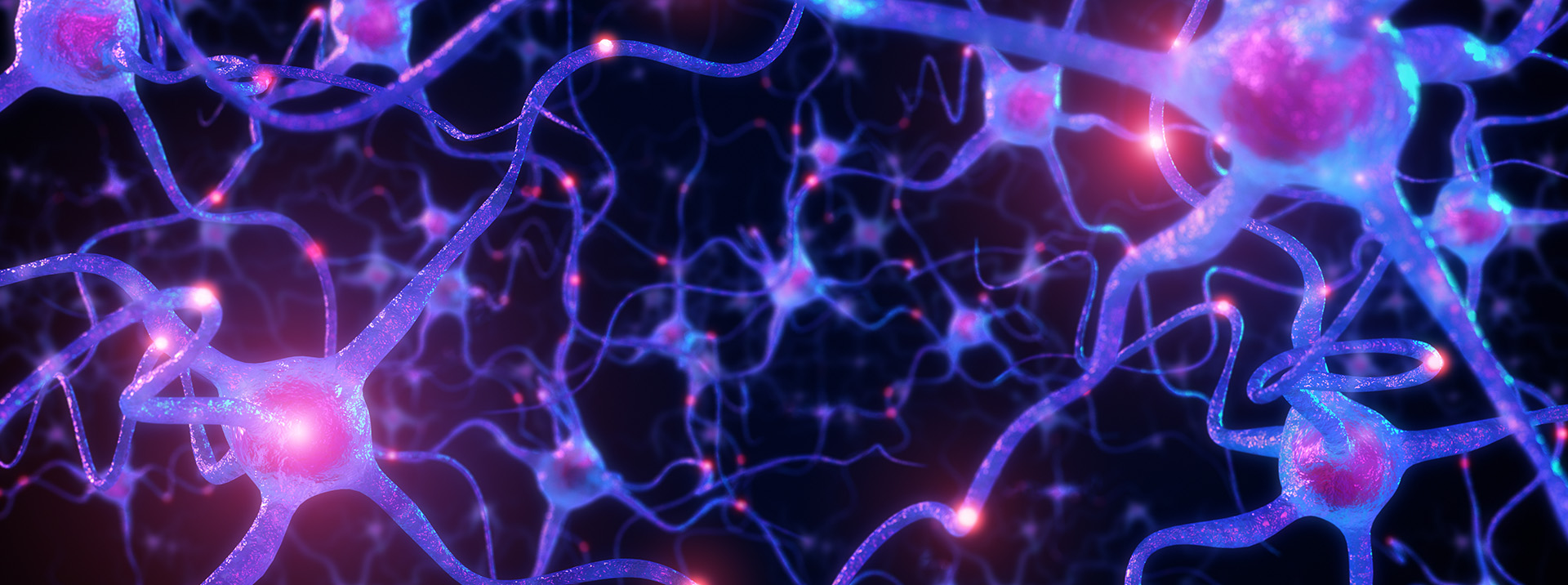In 2004, University of Illinois Urbana-Champaign Swanlund Chair and Director of the Carl R. Woese Institute for Genomic Biology (IGB) Gene Robinson made pioneering discoveries in his laboratory with honey bees revealing that social experience can change the genome. Emphasizing the shared substrates of behavior in animals and humans, Robinson used this pioneering discovery to illuminate the enduring nature-nurture conflict in human behavior. In 2011, Robinson and his colleague, Professor Alison Bell, wrote a thought piece in Science to formalize the concept of the socially responsive brain “dynamic genome.”
The research paradigm of using genomics to study naturally occurring animal behavior pioneered by Robinson has flourished, now with many dynamic genome examples across the animal kingdom. This paradigm has led to the recent discovery that genes do not influence behavior deterministically, but rather operate in the brain as part of complex gene regulatory networks.
Thanks to Robinson, Bell, and others, the discipline of neuroscience has now added neurogenomics along with more traditional areas such as neurophysiology and neuroanatomy as an important area of study to better understand how the brain controls behavior.
Illinois continues to be a leader in neurogenomics, with a pioneering interdisciplinary team of neuroscientists, geneticists, animal behaviorists, and computational genomicists. The Gene Networks in Neural and Developmental Plasticity theme (GNDP) led by Professor Bell is one of 15 research themes at the IGB, an institute dedicated to using genomics, interdisciplinarity, and team science to solve grand challenges in science and society. The IGB’s motto is “Where science meets society” and it has a robust program of public engagement and outreach to translate discoveries in genomics into knowledge that improves lives.
The Center for Social and Behavioral Science (CSBS) was established in 2019 to harness the expertise of the over 700 social and behavioral scientists on the UIUC campus to conduct research across disciplines to solve some of the most pressing problems facing society today. A major theme at the CSBS is understanding the social and behavioral determinants of a spectrum of mental and physical health conditions and developing interventions to alleviate such conditions. To ensure research on this and other themes has societal impact, the CSBS facilitates the translation of social and behavioral science for treatment in clinical settings and communication to policy makers and the general public.
The IGB, in partnership with the CSBS and the School of Social Work (SSW), has created this interdisciplinary research center to bring together a breadth of fields from genomic biology to neuroscience to social and behavioral science to social work. The Center synthesizes cutting-edge collaborative research across these areas to advance our knowledge of the complex processes by which genes, behavior, and society shape individuals (for example, in terms of their mental health).
This Center connects faculty, staff, and students across the University of Illinois system. Consequently, it will present them with opportunities to advance their research and engage with the state of Illinois to have the broadest impact possible.
